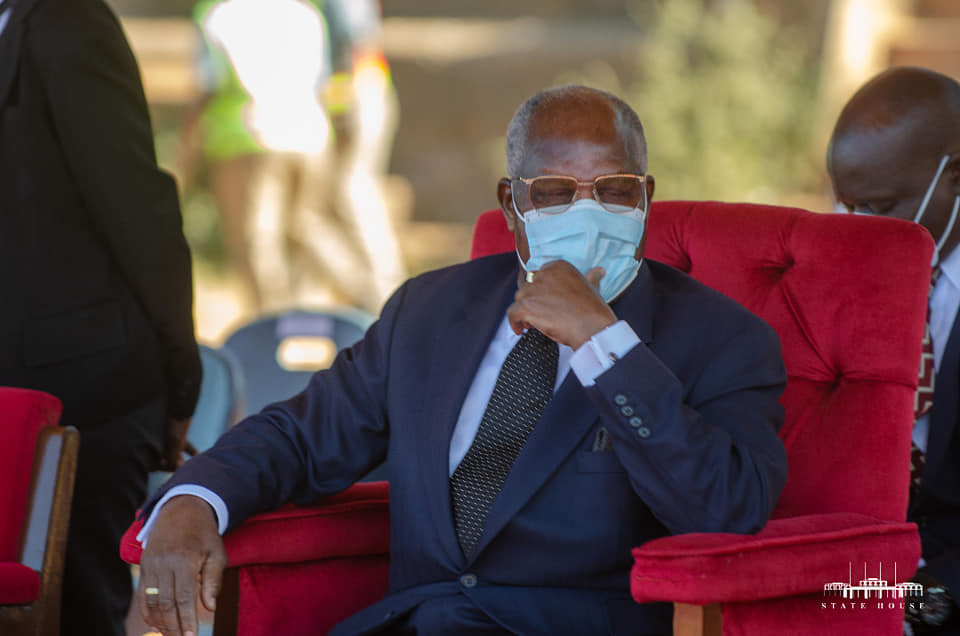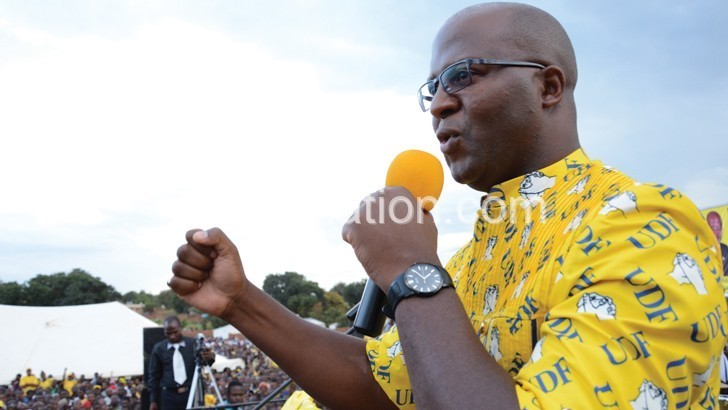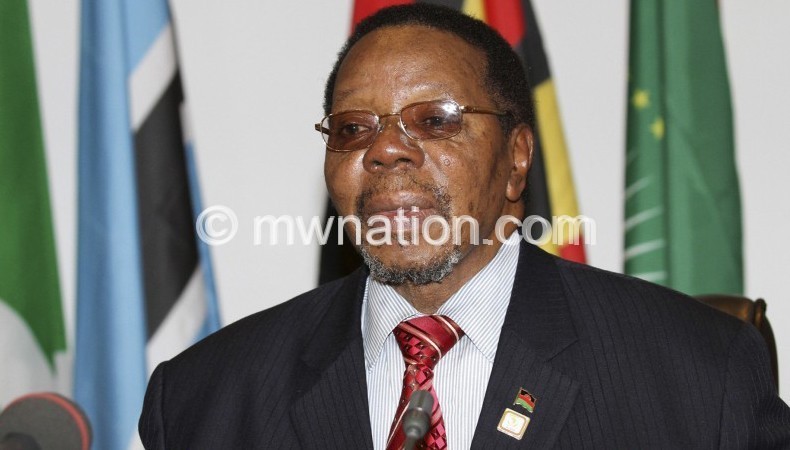Fall of Muluzi dynasty
United Democratic Front (UDF) president Atupele Muluzi turned 43 this month. That, for many Malawians, makes him too young to have his name on the ballot or political museums.
Not him, anyway. The son of former president Bakili Muluzi has seen the bright days and walked dark passages of politics for over a decade.

At his age, he has already lost three presidential elections—as a candidate in 2014 and 2019 as well as runningmate to former president Peter Mutharika in the 2020 court-ordered Fresh Presidential Election. This is not withstanding his dramatic fall—probably his worst blow—in 2019 when he lost the Machinga North East Constituency parliamentary seat he occupied for 15 years.
However, despite these setbacks, Atupele can still look back with some satisfaction having held influential Cabinet positions under Peter Mutharika and his predecessor Joyce Banda.
In UDF, he has endured a similarly disastrous decline for two decades—hurtling down the hill in self-destructive mode like a vehicle without brakes.
Numbers don’t lie.
Under Atupele’s famous father, UDF won his second term in 1999 with over 2.4 million votes—52 percent of the ballots—amid stiff opposition from the Malawi Congress Party (MCP) and its Alliance for Democracy (Aford) allies.

In 2004, with Bingu wa Mutharika on the ballot, UDF tally shrunk to around 1.2 million, just over a third of the total ballots cast, but still retained the grip on the presidency.
The political dynamics may have changed, but losing 1.2 million votes within five years was, in every political sense, unprecedented for the party which would vanish from the ballot in 2009.
A dozen years ago, it had no presidential candidate after Bingu wa Mutharika dumped it to form his Democratic Progressive Party (DPP) “to safeguard the dignity of the presidency” from a party widely associated with corruption.
To make matters worse, Muluzi senior’s bid to contest was rebuffed by the Electoral Commission because he had already served the constitutional maximum of two terms from 1994 to 2004.
Muluzi argued that after a five-year break, he was eligible to contest as the Constitution was only limiting seeking a third consecutive term.
If anything, the 2014 elections offered the Atupele-led UDF a chance to redeem the party from free fall—thanks to the young man’s Agenda for Change which resonated with the youth though the party lost the poll with just above 700 000 votes.

It was another blow. In the second election, UDF lost half of its previous votes and signs were clear that the party that led Malawians from the founding president Hastings Kamuzu Banda’s 31-year-old dictatorship had become a pale shadow of itself—with little hope, attraction and direction to rise again.
The 2019 poll—nullified by the courts due to widespread irregularities—was a disaster as Atupele only bagged 235 000 votes nationwide.
The Constitutional Court ordered a fresh presidential election held in June 2020 when Atupele was named running mate for DPP leader Peter Mutharika’s re-election campaign. However, the DPPUDF alliance lost to the opposition alliance of President Lazarus Chakwera and Vice-President Saulos Chilima.
Former UDF strategist Humphrey Mvula blamed the party’s collapse on poor succession strategy after Muluzi handpicked Bingu, snubbing deserving old-timers that unorthodox regional governor Davis Kapito termed madeya—meaning ‘rejects’.
“In 2004, we outsourced a leader who has earlier dumped the party to form his own—someone who did not have the values of the party. This was despite the fact that we had enough human capital to tap from,” he said.
Muluzi’s chosen son
Mvula said Muluzi’s second mistake was dragging in his son to take over leadership at the expense of veterans who resisted the mass exodus to the DPP in 2005.
Explained the one-time insider: “When Muluzi couldn’t bounce back in 2009, he retired from politics and handed over the party leadership to Friday Jumbe, his former finance minister. Jumbe and the executive committee appointed former Speaker of Parliament, the late Sam Mpasu, as Central Region president and myself as Northern Region leader.
“Strangely, the party later organised some unstructured convention where Muluzi’s son was smuggled into the leadership. This was another blunder as people started looking at it as a family party.”
Mvula doubts UDF’s chances to bounce back. He says the party needs to rediscover itself instead of rendering itself worthless by clinging to its offshoot—DPP.
“UDF needs to rebrand and open up so that anyone can be its leader, not a Muluzi only. It must focus on becoming a national party, not an Eastern Region bloc where it has also lost much ground,” he says.
But UDF spokesperson Yusuf Mwawa remains optimistic that the party can return to power in 2025 if the Tonse Alliance administration keeps goofing in a streak of “poor governance, corruption, indecisive leadership and economic decline”.
“UDF has really lost ground, but the situation is very healthy. The Tonse government’s poor leadership is giving all parties a chance to be optimistic about returning to power,” he says.
Mwawa reckons despite his recent poll defeats, Atupele remains the right person to lead the party back to the top.
He argues: “Losing a parliamentary seat doesn’t mean you are not fit to lead a party. However, that is something the party membership will decide during our next convention.
“Currently, we are focusing on rebuilding the party from grassroots. We have revamped our regional areas as part of that exercise.”
Muluzi’s positioning of his son, Atupele, as his successor was widely seen as a ploy to retain power after his rejected comeback in 2009.
‘UDF should rebrand’
In his meditation at his BCA Hill residence, the former president, most assuredly, asks himself: “What does the future hold for my son?” However, the answer could be bleaker if he asks: “What lies ahead for the party I co-founded in the fight against dictatorship?”
Mustapha Hussein, a political analyst from the University of Malawi, says the party should embrace intraparty democracy and stop relying on the Muluzis for funding.
“The leadership should address those two priorities. The machinery should be re-oiled. UDF should be people’s party in action, not just on paper. Leadership must be democratically elected,” he said.





